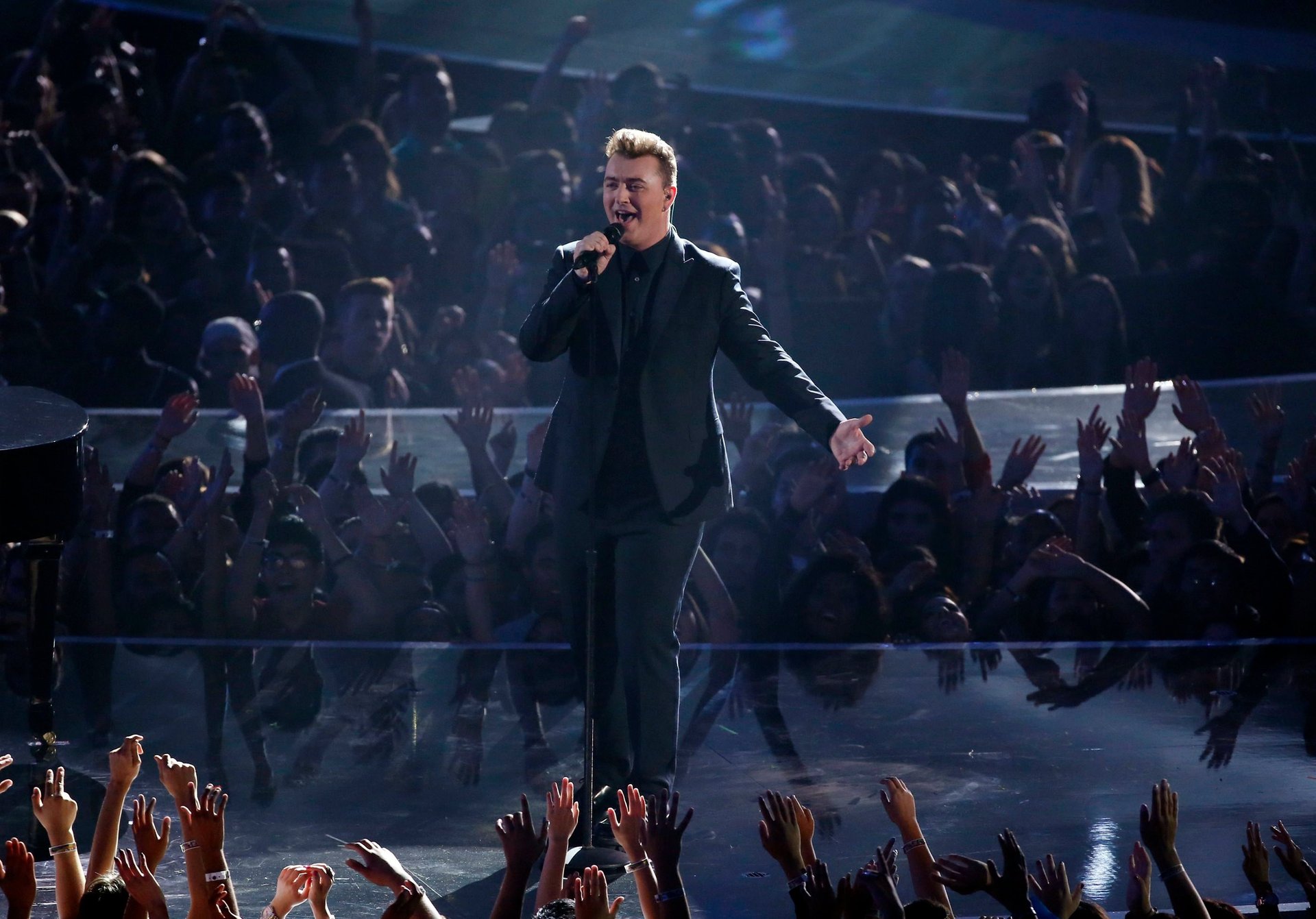A short history, and Spotify playlist, of pop music’s biggest copyright disputes
A Los Angeles jury has ordered Robin Thicke and Pharrell Williams to pay more than $7.3 million to Marvin Gaye’s family after finding their 2013 hit “Blurred Lines” infringed on the copyright of Gaye’s “Got to Give it Up.”


A Los Angeles jury has ordered Robin Thicke and Pharrell Williams to pay more than $7.3 million to Marvin Gaye’s family after finding their 2013 hit “Blurred Lines” infringed on the copyright of Gaye’s “Got to Give it Up.”
It is a worrying development for music, for many reasons. But it is far from the first time a high-profile songwriter has accused others, or been accused, of illegally copying someone else’s work.
Note: This is not the first article about the history of musical copyright disputes!
This post references:
- Time Magazine 11 Suspiciously Sound Alike Songs.
- The Independent: Copy Cats! The Claws are Out (slideshow)
- Bloomberg: Six Musicians Who Got Busted for Plagarizing
- LA Times: Song authorship controversies, from George Harrison to Oasis
- Fox News: History of Past Plagarism Claims.
But it might be the first with its own Spotify playlist.
1960s: The Doors versus The Kinks
The Doors’ 1968 song “Hello, I Love You” sounds a lot like an earlier effort from the Kinks, and the UK courts apparently agreed.
1970s: “My Sweet Lord”
In arguably the most famous lawsuit over musical copyright infringement, one history’s greatest songwriters, George Harrison, was found to have subconsciously copied a song by the 1960s doo-wop act The Chiffons.
1980s: The ”Ghostbusters” theme song
Huey Lewis and Ray Parker settled this dispute but it flared up again in 2001, when Lewis reportedly revealed confidential details about the settlement in a VH1 TV special.
1990s: “Bittersweet Symphony”
It is fitting that one of the biggest plagiarism disputes of the 1990s involved sampling—which was widespread during that era, particularly in hip-hop.
The Verve surrendered publishing royalties and give Mick Jagger and Keith Richards a writing credit on the song, which used a sample from an orchestral version of a Rolling Stones tune.
2000s: The Flaming Lips and Cat Stevens
Indie heroes the Flaming Lips agreed to hand over publishing royalties to Yusuf Islam (once known as Cat Stevens) after he alleged that one of the band’s songs sounded too much like his famous composition “Father and Son.”
2010s: ”Stay With Me”
Apparent similarities between Sam Smith’s hit song and Tom Petty’s “I Won’t Back Down” led to a behind-the-scenes agreement, without either party getting near the courts.
Petty said in a statement that he had “no hard feelings” about the episode and did not know how details of the settlement ended up in the press. “A musical accident no more no less,” he said.